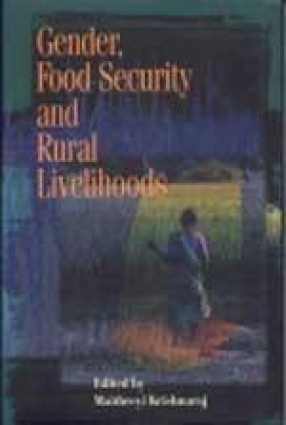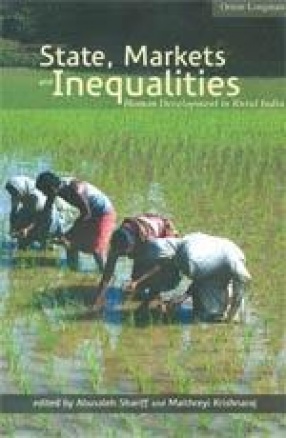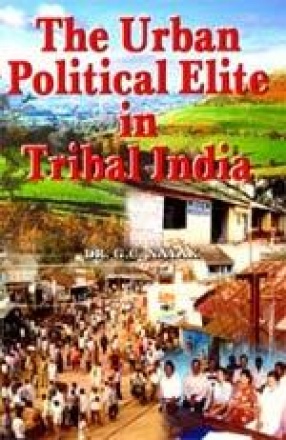Agriculture in India is in crisis with the out-migration of men from farming to towns, cities or other rural areas in search of work, leaving the running of farms to women. The resulting ‘feminization’ has ominous implications for food security and rural livelihoods. Women seem to be in a no-win situation where work burdens and responsibilities have inclusive without enhancement of productivity or earnings. While the economic importance of land has declined (its contribution to the gross national product has been reduced), it still employs the great majority of the population who are unskilled, overburdened and malnourished. This book is divided into two parts; part I, perspectives, examines conceptual and macro issues; part II, regional insights, presents field studies, discussing the day-to-day implications of the crisis. Part I begins with Swarna Vepa’s analysis of women’s contributions in the agrarian sector (crop production, raising livestock, fisheries, water conservation, collection of fuel and fodder), which exceed that of men. In the next chapter, Maithreyi Krishnaraj explains that ‘livelihood is about people, their capabilities and their means of living including food, income and assets’. Amita Shah recommends as shift from crops to horticulture and dairy, coupled with investment and ownership of assets, which could let women become the prime movers of agricultural growth. Barbara Harriss-White analyses what happens post-harvest in the case of rice: commercialization has been accompanied by Masculinization of labour while domestic tasks have become ‘commodified’ as a market good. Praveena Kodoth discusses the unforeseen consequences of land reform in Kerala and West Bengal which have resulted in recourse to dowry and female seclusion as makers for higher social status. Nitya Rao questions whether land rights alone will lead to empowerment and equality. In Part II, Alka Parikh and Pralhad Burli focus on food security in case studies carried out in Maharashtra, looking specifically at what families and especially what women, ate. Kanchan Mathur records gender development in Rajasthan, the lowest in India, together with many state and NGO interventions. Sara Ahmed reveals how gender intrudes in situations of disasters such as floods in Eastern Uttar Pradesh, and the consequences of not integrating a disaster loan within the regular Five-Year Plans. Thelma Paris, Abha Singh, Joyce Luis and Mahabub Hossian discuss the dynamics of out-migration in the same region, pointing out among other aspects the problems women (60-80 per cent of the totals unpaid labour) face in the lack of credit, technology and other input. Aruna Kanchi compare the micro benefits of the Maharashtrian Employment Guarantee Scheme, which has truly helped many poor women, to the New National Rural Employment Guarantee Scheme launched by the centre. Offering an engaged and lively debate, these contributions raise important questions that affect the well-being of countless women who are engaged in agriculture.
Gender, Food Security and Rural Livelihoods
In stock
Free & Quick Delivery Worldwide
reviews
Bibliographic information
Title
Gender, Food Security and Rural Livelihoods
Author
Edition
1st ed.
Publisher
Stree, 2008
ISBN
8185604894
Length
xxiv+380p., Tables.
Subjects








There are no reviews yet.